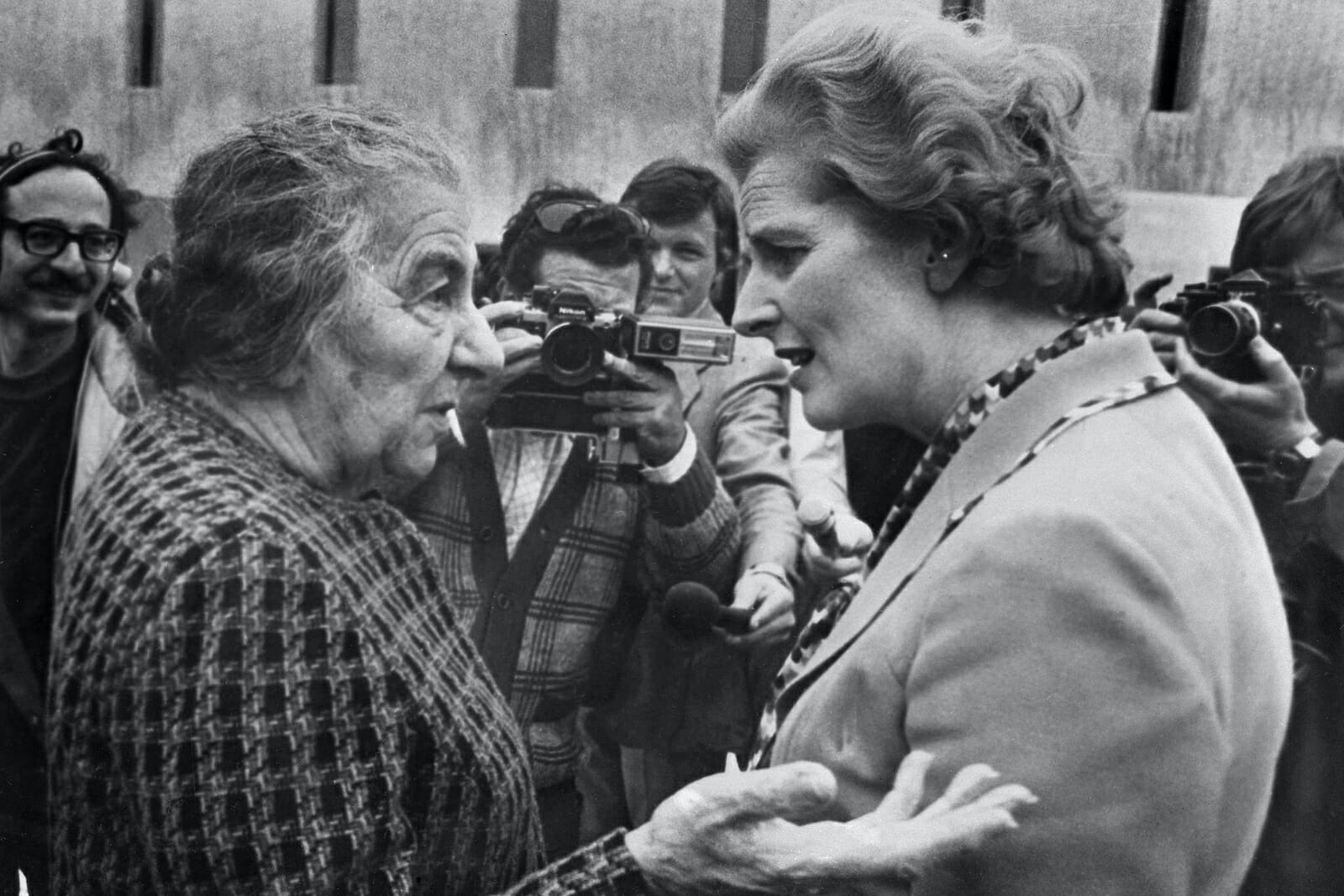
It’s Not Enough to Have Women at the Negotiating Table, We Must also Advance a Feminist Foreign Policy
Following the U.S. presidential election that seemed to never end, it was easy to forget a nearly-overlapping event: the 25th anniversary of UN Resolution 1325, which put women, peace, and security on the agenda for the United Nations, independent governments, think tanks, and NGO’s, including the Israel Policy Forum, where I work. The resolution advocates for ensuring women participate in peace processes and conflict resolution, as well as other means of amplifying the voices of women in the peace and security space. While this is an essential goal, and one I have personally advocated for at both the Israel Policy Forum and Israel’s Mission to the UN, it is not sufficient.
If we are to truly transform the conflict resolution space, we cannot just have the voices of women present, we must also acknowledge and elevate feminist theories surrounding conflict resolution. This requires that we explore the idea that women are destined to be at the core of solving conflicts, not solely for the pursuit of gender equality, but also because of their unique perspectives in peacebuilding.
This acknowledgment will not only help legitimize the need for increasing women’s participation in these processes in the eyes of national leaders, it will also allow for more imaginative approaches to resolving conflicts, and incorporate the exploration of ways conflict might impact communities beyond what the men of our society see.
In the Israel-Palestine context, a conflict I’m most familiar with through my professional role, this issue is particularly acute due to the overlap in the policy and military arenas. Those who were historically able to make peace in Israel were the most decorated generals. The political scene is in many ways a functioning “boys club,” with men propping up the peers they served in combat with at 18-years-old. They embody militaristic values and create a masculine atmosphere that at its worst is abusive towards women, and at its best is perhaps unable to see them at all. The worlds of peace and security are so intertwined that only a military expert is seen as capable of bringing it about – as is evidenced by the notable peace achievements of Menachem Begin, Yitzhak Rabin, and Ariel Sharon, all of whom were deeply entrenched in the security establishment and used this legitimacy to gain the public trust and pursue peace efforts. There is an inherent mistrust of those who haven’t climbed the ranks in the military since conventional definitions of security assume that it is only achieved through war.
Former Shin Bet Director, Admiral Ami Ayalon, noted in his recently released memoir Friendly Fire: How Israel Became Its Own Worst Enemy and Its Hope for the Future, that he believes the leader who will finally make peace between Israelis and Palestinians will be a woman. This speaks volumes not of his eye towards gender equity, but rather of his deep belief in the ability of women to transform the conflict resolution field and bring their keen insights with them as they enter the space.
As I lay out the case for women’s unique additions to the peacebuilding space, I’ll clarify that I have not found evidence that there is an innate ability in women to see conflicts differently, but rather it is the lived experiences of women in our society that leads to their success at the negotiating table once they actually make it there. This includes the frequency with which they experience sexism and sexual violence relative to their male counterparts, alongside other factors such as often taking on the role of caretaker and motherhood, and being more aware of the range of communal needs. As a result, they tend to be more cooperative, collaborative, and empathetic, all traits that would help advance a peace process.
Feminist scholars have begun this process of advancing a unique vision of foreign policy by redefining terms, such as the definition of violence as inclusive of not only that which leaves a physical scar, and the perception of peace and security as complementary instead of opposites that must be balanced. They view peace processes as opportunities for mutual benefit instead of a zero-sum game, and they emphasize varying forms of security, including human and food security.
If we are to truly further this cause and fulfill the obligations of Resolution 1325, we will have to recognize the unique contributions of women, and hear their perspectives not only when they mimic the widely accepted beliefs of a male-dominated field, but also and especially when they diverge from what we think we know to be true.

